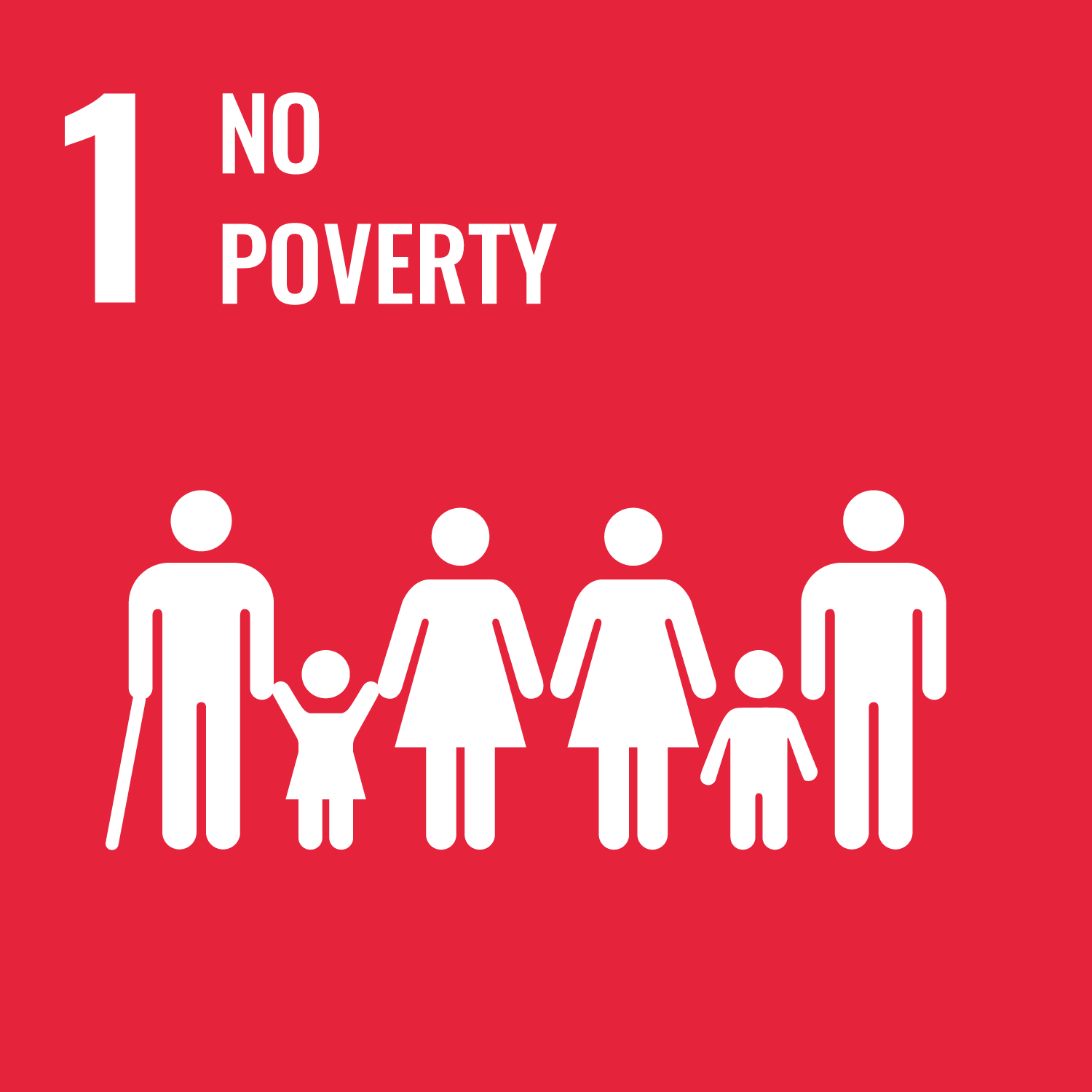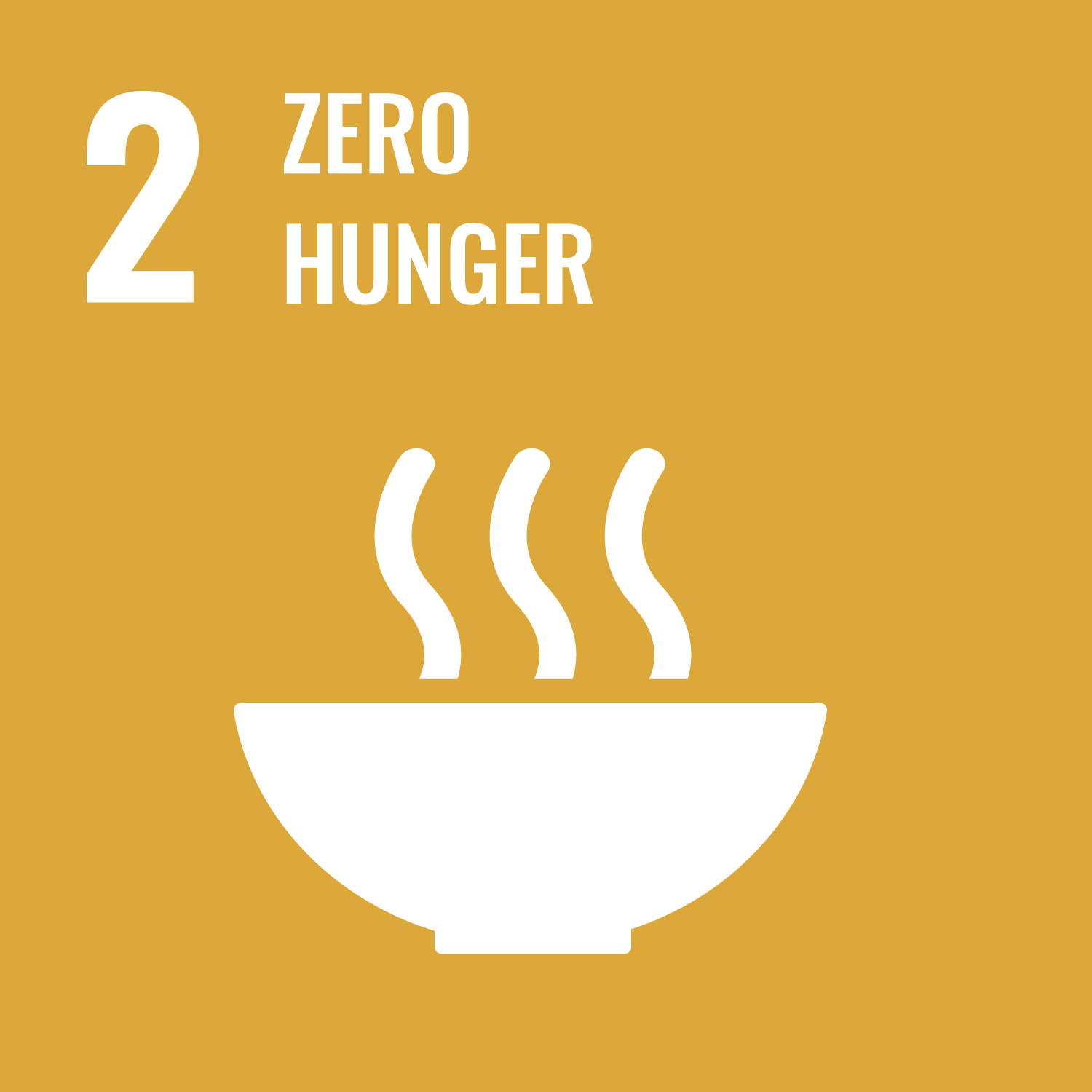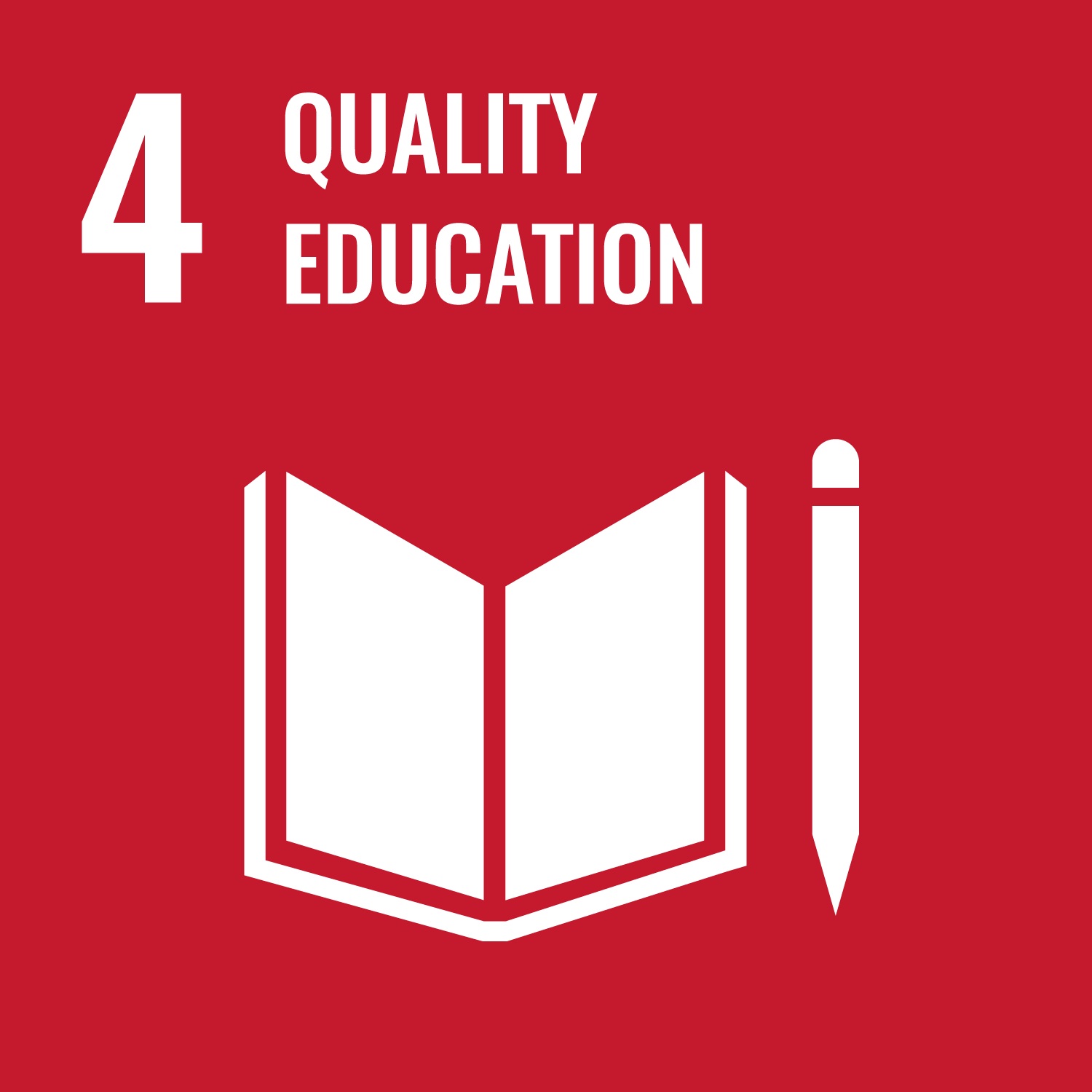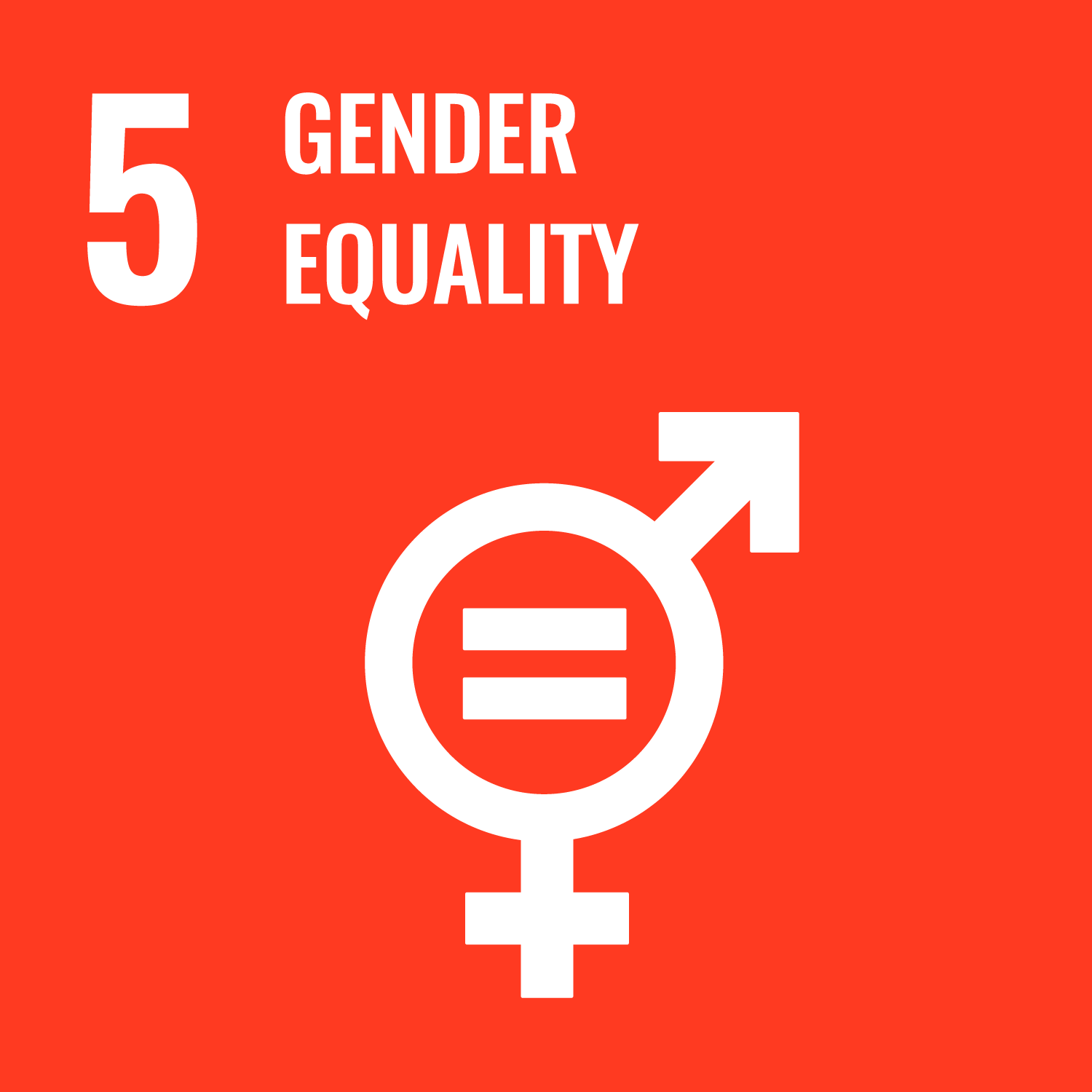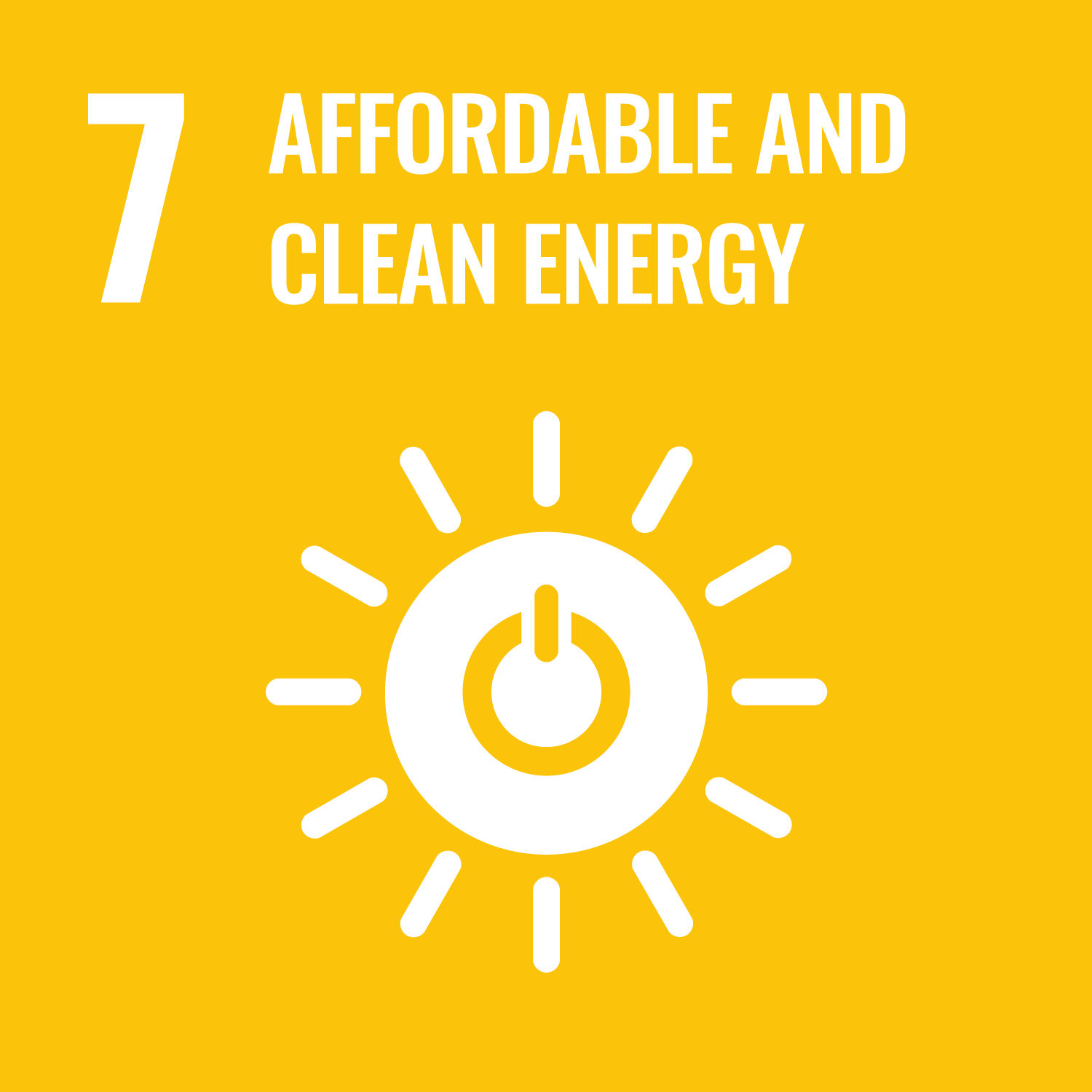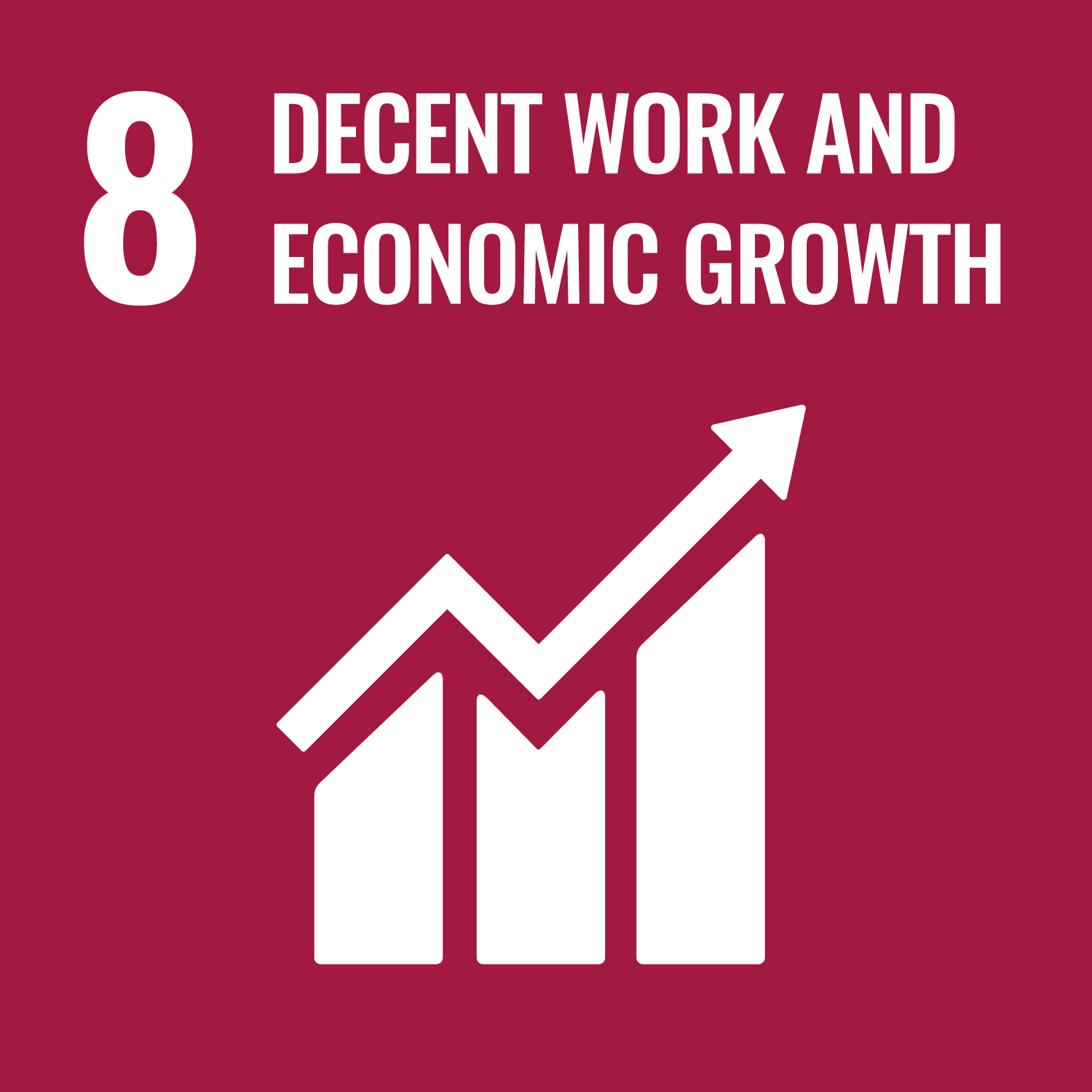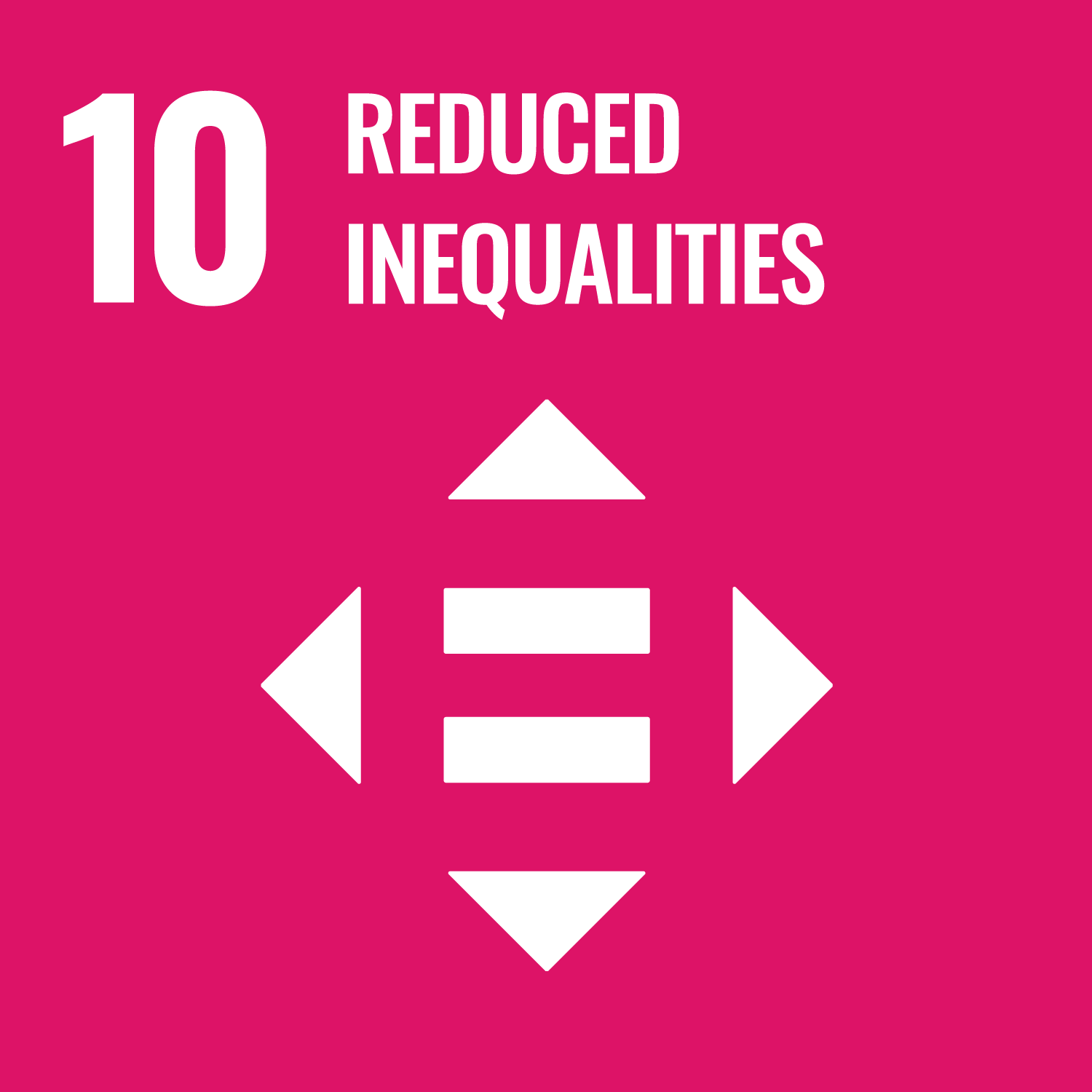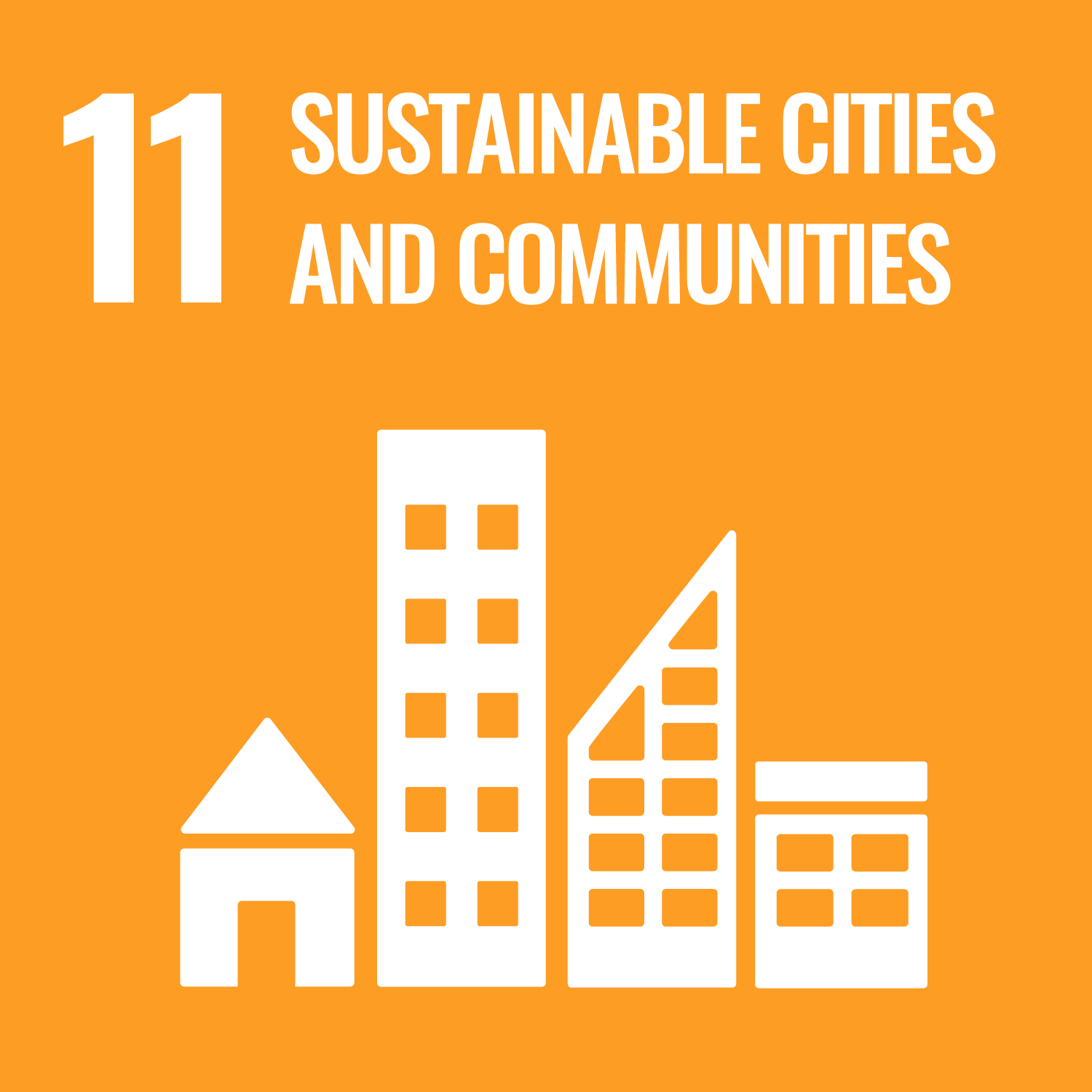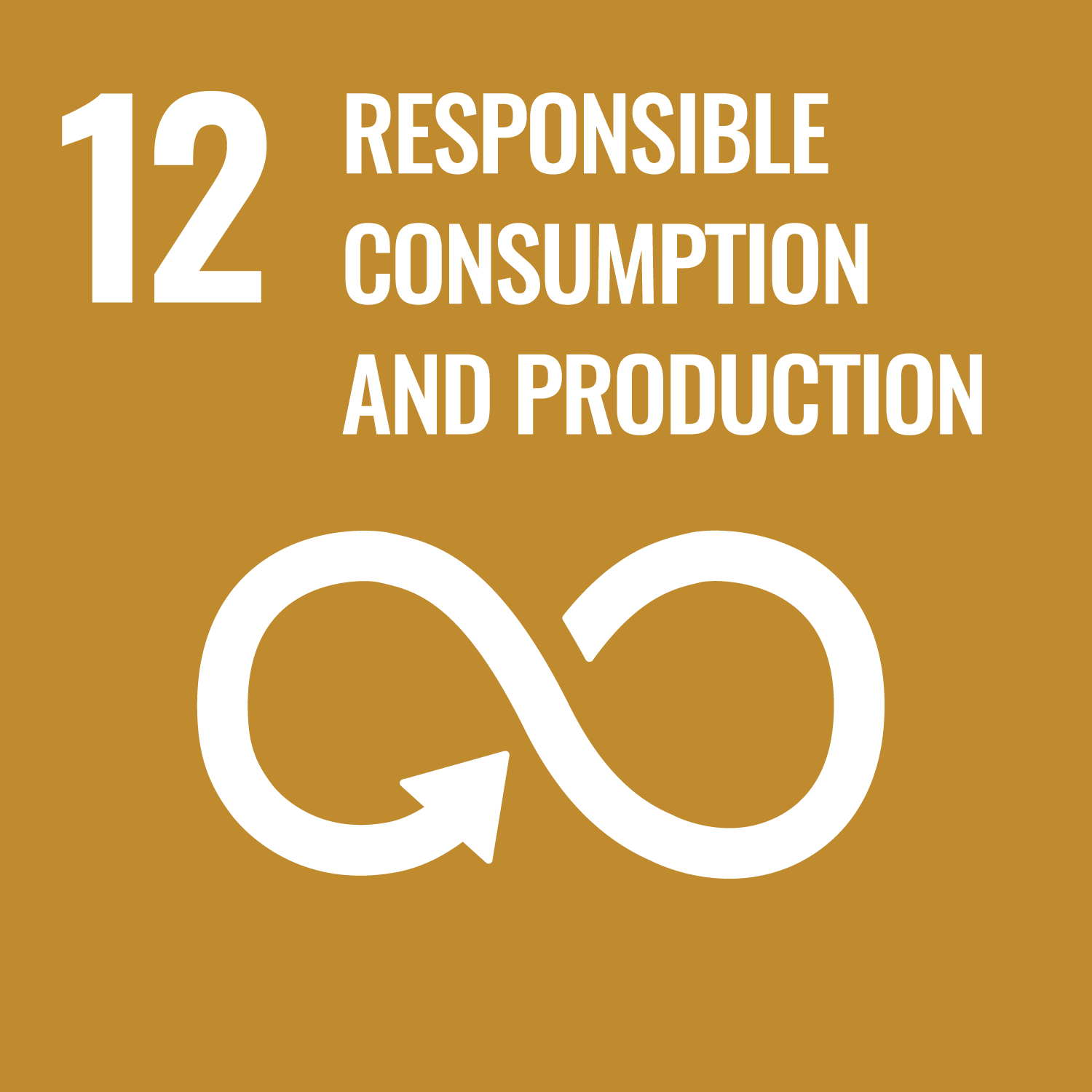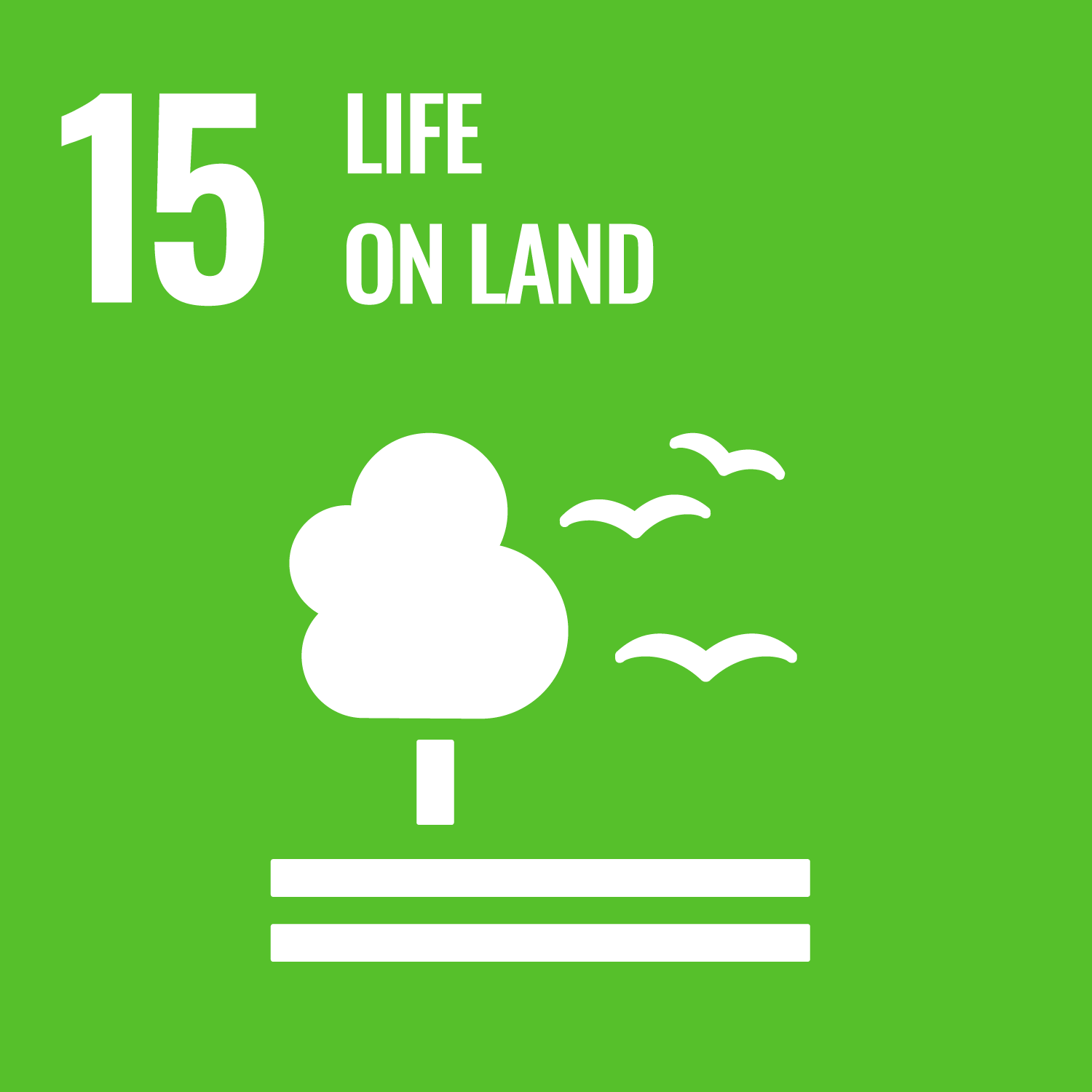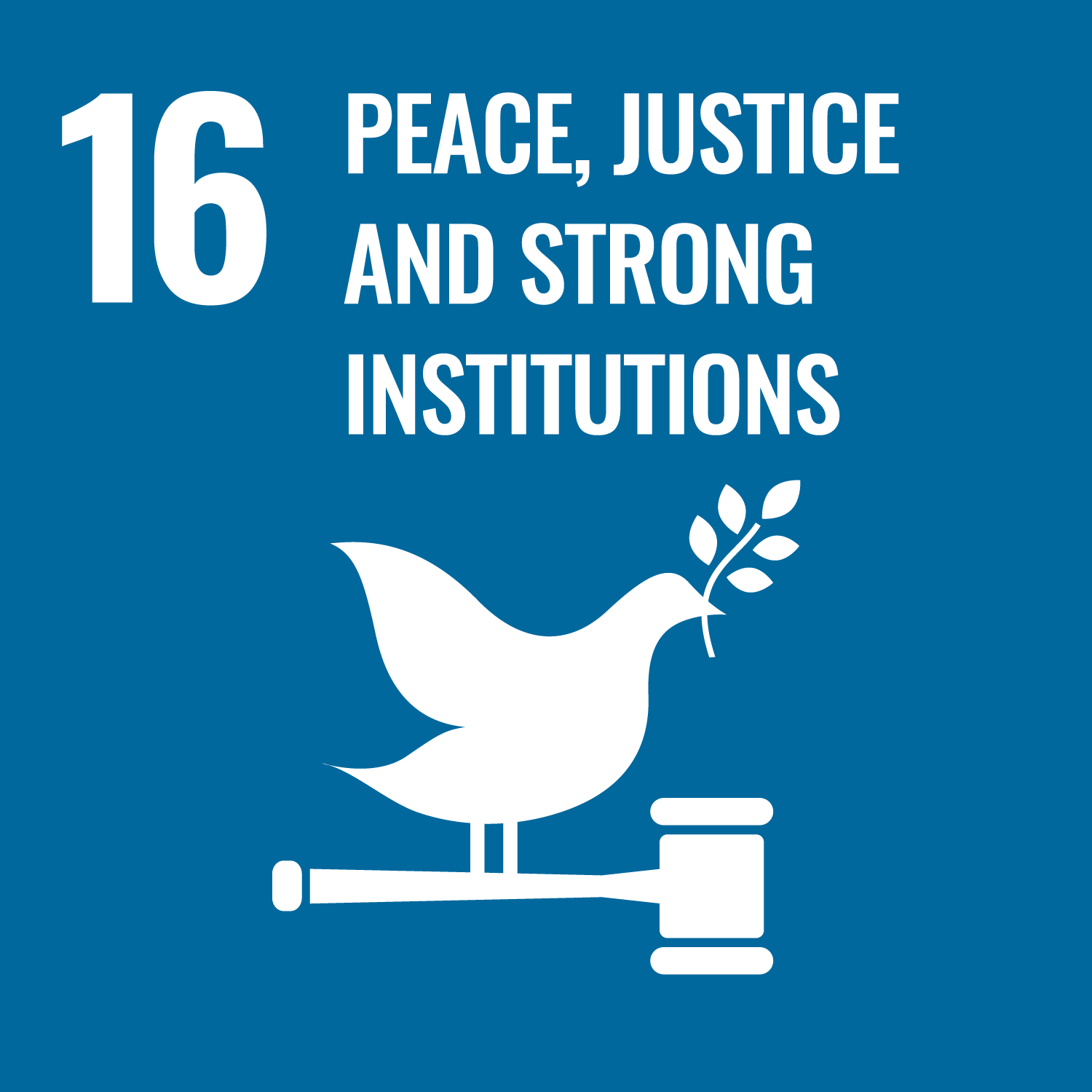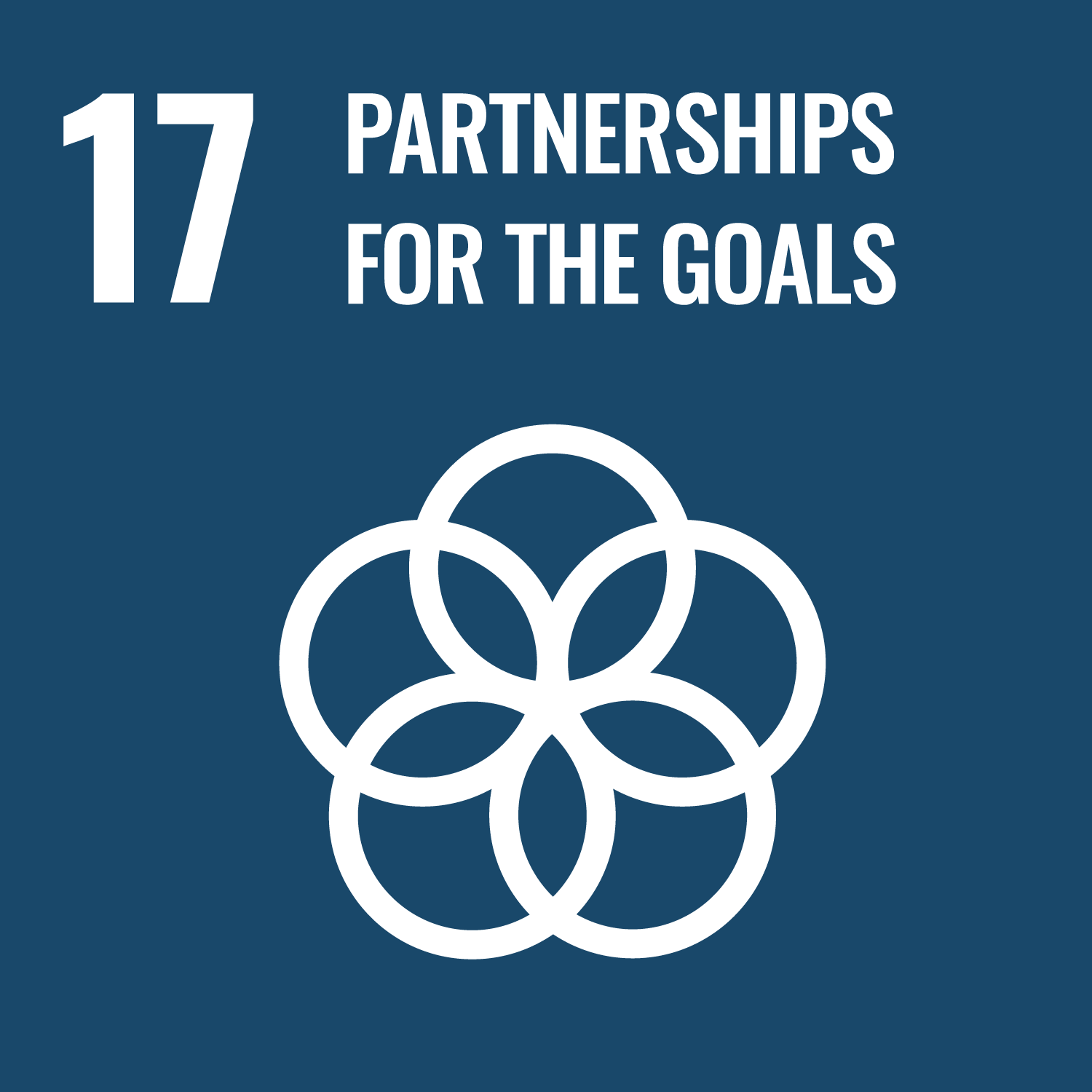Movers and Stayers
A Mobile World? "The importance of mobility in early societies now no longer needs demonstration. Recent work over the last decades has rendered obsolete the image of populations that are for the most part immobile that demographers have sought to purvey. Within the Mediterranean area, throughout a very long period lasting from Antiquity down to modern times, the circulation of human beings constitutes a fact that is both structural and structuring, an element of continuity that forms the very basis of the Mediterranean network." Claudia Moatti, whose research has done so much to illuminate human mobility across Mediterraneans ancient and early modern, succinctly sums up the current consensus. As historians and archaeologists of the classical world we now repeatedly emphasise movement and communication, mobility and con-nectivity, hybridity and cosmopolitanism. Our fascination with movement and exchange is evident in revisionist accounts of the Roman economy, in studies of the ancient novel between east and west, in projects that track diasporas through haplotype distribution and stable isotope analysis, and in multiple appropriations of post-colonial criticism and globalisation theory. A little of this is simply the latest round in a familiar old game of asserting the modernity of the ancients, but the evidence for movement is undeniable. The issue now is to assess the scale, nature and significance of all this, and to avoid an exaggerated reaction that underplays the equally undeniable differences between globalised modernity and the ancient world.
| Item Type | Book Section |
|---|---|
| Additional Information | This paper derived from a presentation given to a conference in Rome in January 2014 at the Royal Nederlands Institute in Rome. |
| Subjects | Classics |
| Divisions | Institute of Classical Studies |
| Date Deposited | 20 Apr 2016 10:08 |
| Last Modified | 06 Aug 2024 04:52 |
